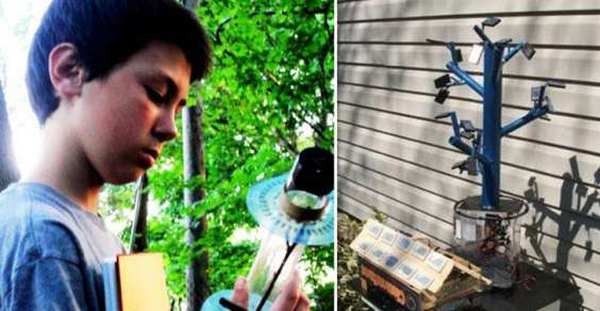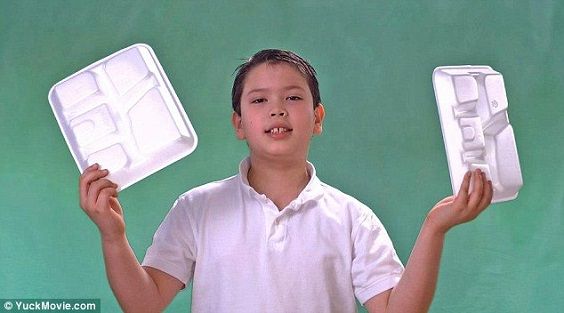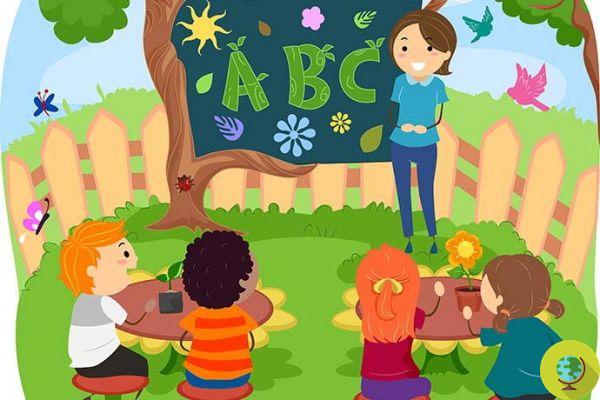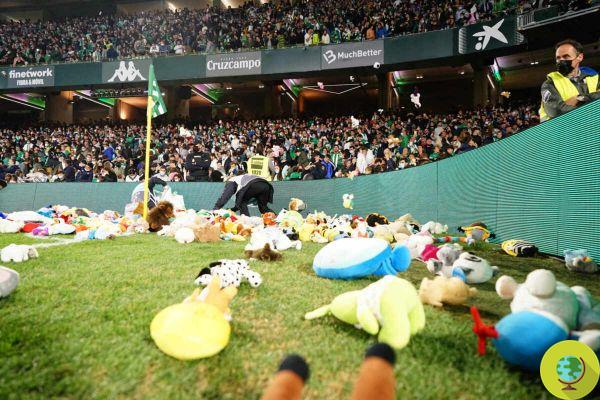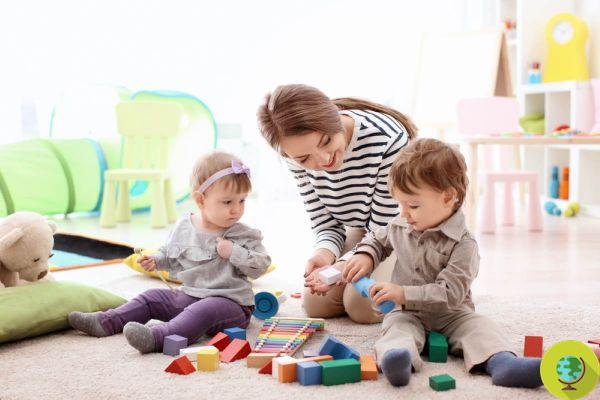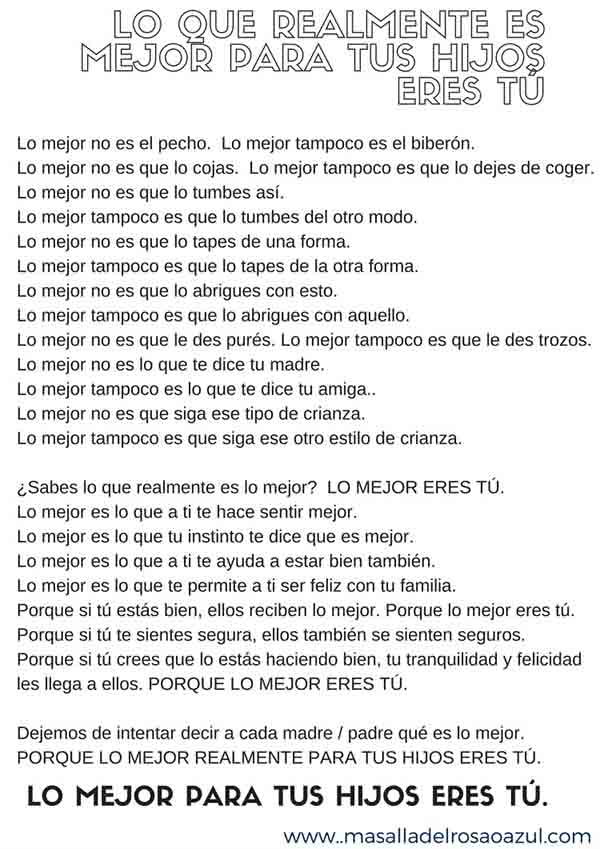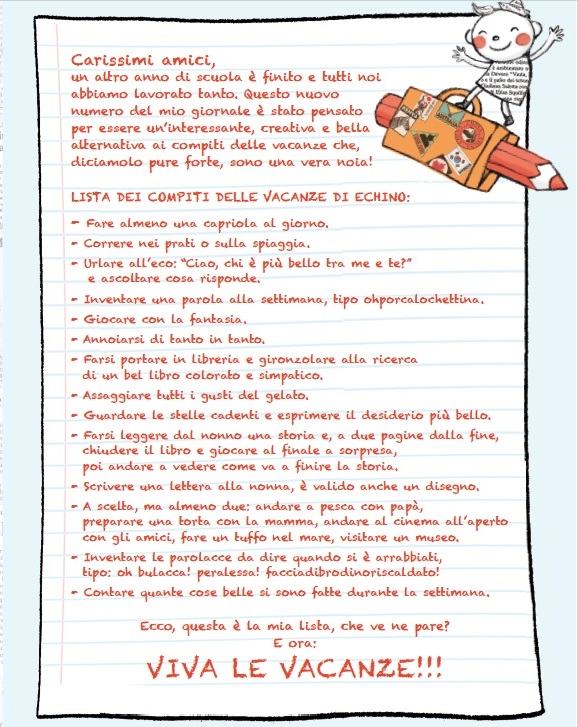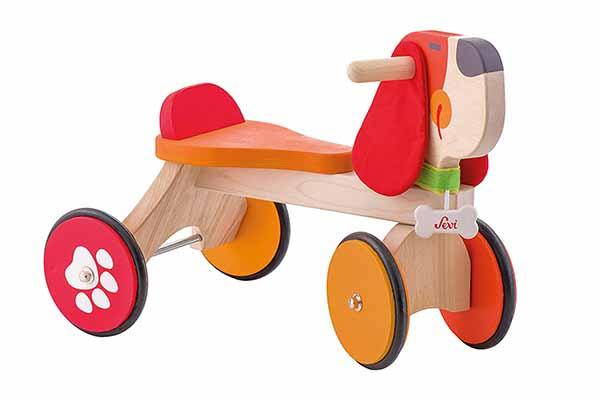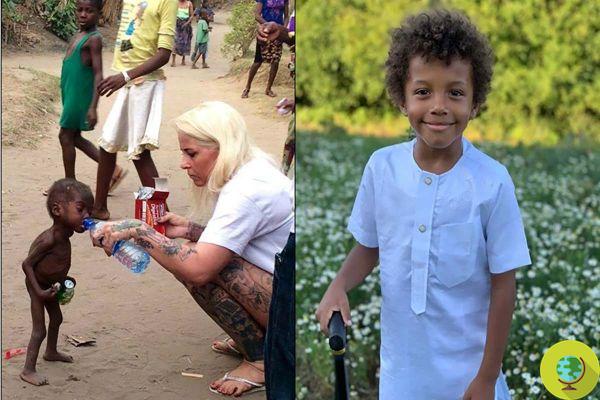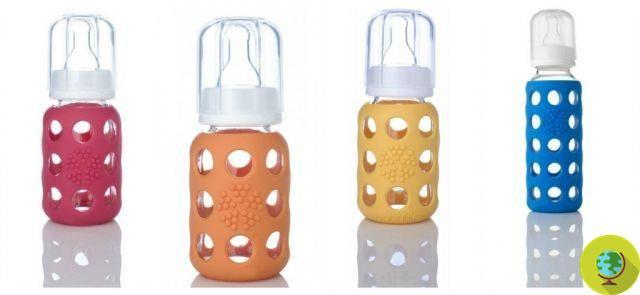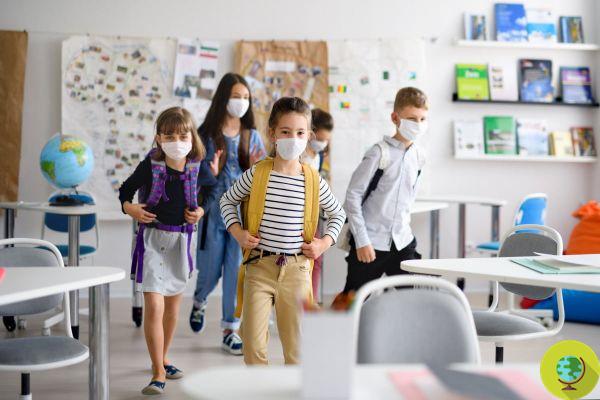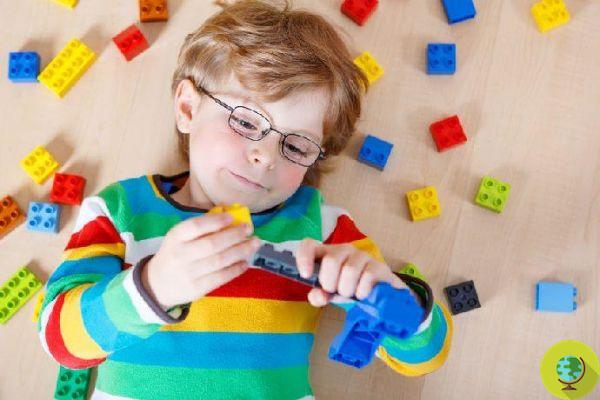
Games that require spatial skills, such as constructions, would help children improve their science-related skills.
Don't store avocado like this: it's dangerousThe game? Very important for the mental development of a child. Studies after studies have always confirmed this and now new research highlights the influence of certain toys on specific skills to be exploited as adults.
From science to technology, from engineering to math: According to the study published in Geosphere and conducted by the University of Colorado at Boulder and Carleton College in Minnesota, those games that require spatial skills, such as constructions, would help children to improve skills in those scientific subjects.
In essence, childhood play experiences strongly shape a person's spatial abilities, and those skills can be critical to success in fields such as science and engineering. Young adults who have played constructions or certain types of video games, for example, have passed spatial reasoning tests, such as the ability to mentally rotate objects. And most importantly, the new research has found that gender differences in space skills disappear when researchers considered the impact of childhood play.
A systematic review
345 university students in geology courses were subjected to a series of questions that asked them to mentally rotate shapes or visualize a cross section of any object and then choose an answer from those proposed. Based on this, the researchers took into account the influence of various elements, for example the number of science courses followed or the games used by children. What emerged was that the highest scores were among those who had used games such as construction or certain video games, with consistent differences with those who had not used them.
In short, the games used by children made a good difference.
“The human brain is malleable and formable - explains Anne Gold, author of the study. By providing space training for children and providing spatially demanding toys before school starts, we can give them the opportunity to develop important skills in fields such as science, technology, engineering and mathematics. "
And how to equalize the differences in logical abilities? Probably, say the researchers, inserting from elementary school subjects aimed at improving spatial skills and making these skills more uniform among schoolchildren.
Differences in skills and more. The new research also showed for the first time how the gender difference is linked precisely to games the children were brought up with: it goes without saying that, in fact, it was the male students who scored better on their tests than their female colleagues. Gender difference which - on the other hand - was canceled out when both boys and girls had used the same types of toys as children.
So? Increasing the spatial skills of girls could also be a means for them to greater success in science subjects. According to Anne Gold, it is possible to improve the skills analyzed with the right education even in adulthood: just "just" enhance space skills.
Read also:
- Party games are good for the brain
- Writing by hand makes you smarter
- How to make children play and have fun even without toys
Germana Carillo




